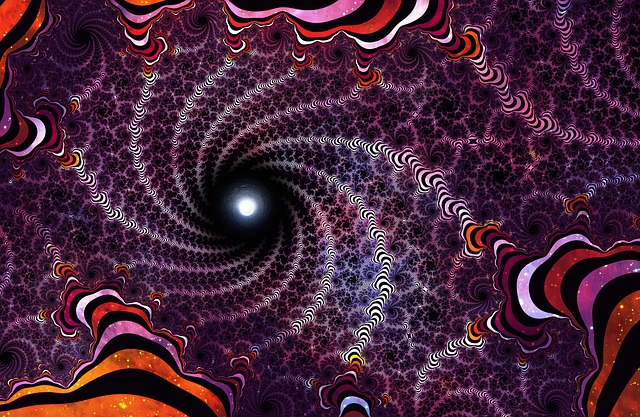This past weekend, I attended the ninth annual Natural Living Expo in nearby Marlborough, Massachusetts. I have no idea why.
Being at the Expo recalled the first time I walked into a hardcore comic-book shop. I was in search of the first two editions of the legendary Todd MacFarland Spiderman, having started my subscription a little late: Both places were inhabited by folks who clearly lived in worlds of their own — off the beaten path, off the grid, and a few degrees off the bubble.
While I was at the Expo, I splurged for a sample of an ostensibly medicinal herbal tea (when in Rome) containing petiveria alliacea. If that name doesn’t ring a bell, you might recognize the herb by some of the other names by which it’s marketed — anamu, apacin, apacina, apazote de zorro, aposin, ave, aveterinaryte, calauchin, chasser vermine, congo root, douvant-douvant, emeruaiuma, garlic weed, guinea henweed, guine, guinea, guinea hen leaf, gully root, herbe aux poules, hierba de las gallinitas, huevo de gato, kojo root, kuan, kudjuruk, lemtewei, lemuru, mal pouri, mapurit, mapurite, mucura-caa, mucura, mucuracáa, ocano, payche, pipi, tipi, verbena hedionda, verveine puante, and zorrillo.
The sample I bought was a particularly potent extract of the herb, marketed under the brand name, African Moose Juice.
According to the promotional material that accompanied the tea, petiveria alliacea boasts the ability to help with disorders as varied as neurological, respiratory, gastrointestinal, cardiovascular, genitourinary, and dermal. It’s alleged to retard the growth of cancerous tumor cells, to improve prostate health, to assuage joint disorders, to ameliorate diabetes, to lower blood pressure, and to prevent arthritis, multiple sclerosis, lupus, Alzheimer’s Disease, Parkinson’s Disease, tonsillitis, and rhinotillexomania. (While Aldous Huxley used mescaline to open The Doors of Perception, he’s alleged to have used petiveria alliacea as a sort of knocker.)
Wanting to get the most from my first ingestion of African Moose Juice, I followed the instructions to the letter:
- Place bag of herbal tea in a cup.
- Pour in six ounces of boiling water.
- Allow to steep five to seven minutes.
- Drink sweetened or unsweetened (may add lemon juice, if desired).
- May drink one to two times daily, as needed.
- May drink hot or cold, as desired.
I took mine unsweetened and hot. Since it was late evening, I opted to drink the tea in bed, intending to partake of it as I read the book I’m currently enjoying. The first sip was a little bitter, but I adjusted quickly to the taste. With the book holding me raptly attentive, I didn’t notice any particular sensations — aesculapian, hallucinogenic, or otherwise. But the next thing I knew, I was awakened by the flood of sunlight through my east-facing bedroom window.
When I arose from bed, I was uncharacteristically lucid and alert. There were no remarkable after effects; although, I did have the nagging sensation that I was the butt of some joke. I also felt discernibly lighter in the wallet. (I did take note of one other thing: A hangnail that had been bothering me the day before seemed to be a tad less angry.)
While I can’t say the experience was in any way bad, I don’t think I’ll be spending any more money on petiveria alliacea.
All things considered, I’ll stick with Luksosowa. The Natural Living Expo can keep the African Moose Juice.
—
Image by Activedia, courtesy of pixabay.com.

